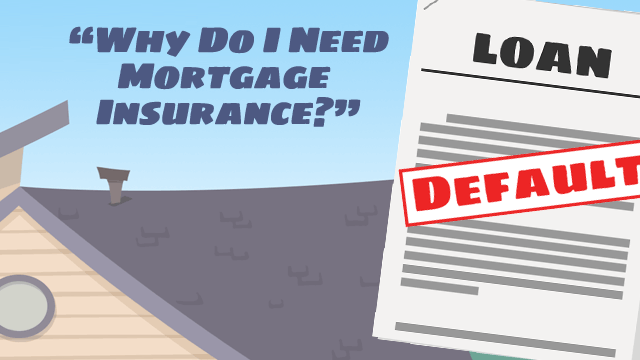FHA Mortgage Insurance Issues For First-Time Home Buyers
October 24, 2024
Buying your first home is a major milestone. If you use an FHA mortgage to buy your home, you’ll have two different types of insurance to consider.
One type is the FHA-required mortgage insurance premium, which is paid for 11 years or the loan's lifetime, depending on your down payment, loan term, and other variables.
That insurance policy protects the lender in case you default on the mortgage; it does not protect the homeowner.
The other type of insurance is homeowner’s insurance, sometimes called hazard insurance. This policy protects the borrower’s investment, covering the house and any contents specified in your legally binding loan agreement.
Some consider this type of insurance a safety net for the home, protecting the insured from the financial burden of a fire, theft, or natural disaster.
FHA Loan Requirements and Adequate Protection
The FHA doesn't dictate specific types of hazard insurance, but borrowers should maintain enough coverage to protect their investments.
Setting deductibles too high or failing to get coverage for certain contingencies such as flooding (as opposed to the water damage from a broken pipe or related issues.) Your insurer may value the home based on the lesser amount between the appraised value and the replacement cost of the property.
Deductibles, the out-of-pocket amount before your insurance pays, may be set at your discretion. However, carrying deductibles you can’t realistically pay today in cash is a risk.
Homeowners Insurance vs. Mortgage Insurance
It's easy to confuse homeowners and mortgage insurance, but they serve distinct purposes. Homeowners insurance protects your property and belongings, as mentioned above.
Mortgage insurance protects the lender in case the borrower defaults on the loan. This type of insurance does not pay out to the borrower.
This insurance minimizes the lender's risk and makes it easier to approve your FHA loan.
Choosing the right hazard insurance policy for your FHA loan requires careful consideration of several factors:
Coverage Needs: Evaluate your specific needs based on the value of your property, its location, and everything you own.
Policy Options: Compare different policy options and coverage levels to find the best fit for your needs and budget. Pay close attention to deductibles, premiums, and any exclusions listed.
Discounts: Ask about discounts, such as those for security systems, smoke detectors, and carrying several policies with the same insurer.

FHA Loan Articles
November 21, 2024The dream of homeownership is with some from a young age. But in an uncertain housing market, some grapple with the question: Is buying a home the right move for me?
While renting offers relocation flexibility and lower upfront costs, homeownership provides a wealth of financial and personal benefits.
November 20, 2024Refinancing your mortgage offers a way to cash in on your home equity, potentially reduce your interest rate, or modify your loan term. Borrowers ready to consider have options including FHA loans and conventional loans.
While both provide avenues for refinancing, each loan type may be best for specific needs and financial circumstances. What are the differences between FHA and conventional refinance options?
November 14, 2024The home you want to buy might seem perfect, or it may have a few flaws that are acceptable in the grand scheme of things. But what about issues you can’t spot just by walking through the property a few times? A home inspection provides an unbiased, expert assessment of the property's condition, uncovering potential issues that might not be noticeable to the untrained observer.
November 12, 2024Escrow is an important feature of most typical FHA loans. An escrow account is a third-party account where borrowers deposit funds designated for property taxes and other uses. Requirements to use escrow accounts typically stems from a need to protect all parties involved in the transaction
November 2, 2024When it’s time to consider buying a home, the Federal Housing Administration (FHA) offers two popular options. One is the traditional FHA purchase loan many use to buy a house in the suburbs. But not everyone wants to buy an existing property. Some want more control over the design and configuration of the home.
The other FHA construction loan option, the one-time close mortgage, comes in here. This option is for those who want to approve floor plans, have a say in the types of materials used to build the home and choose its features.







